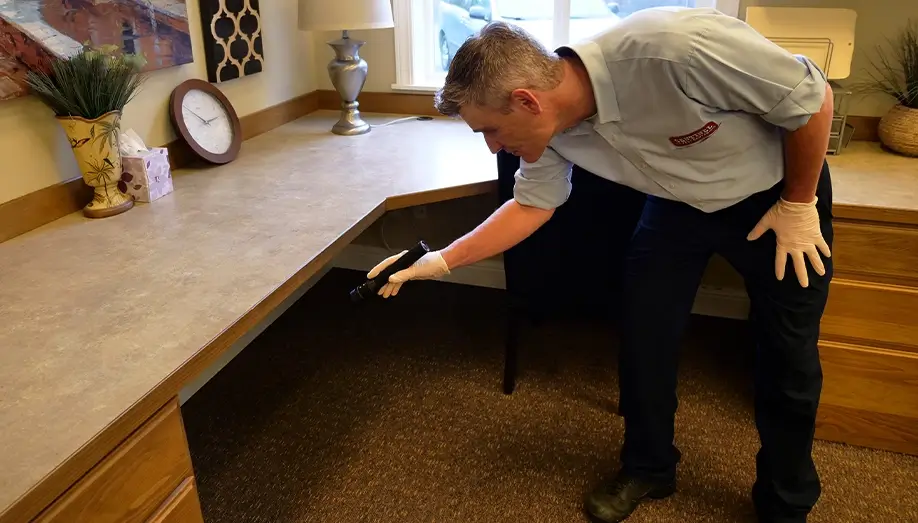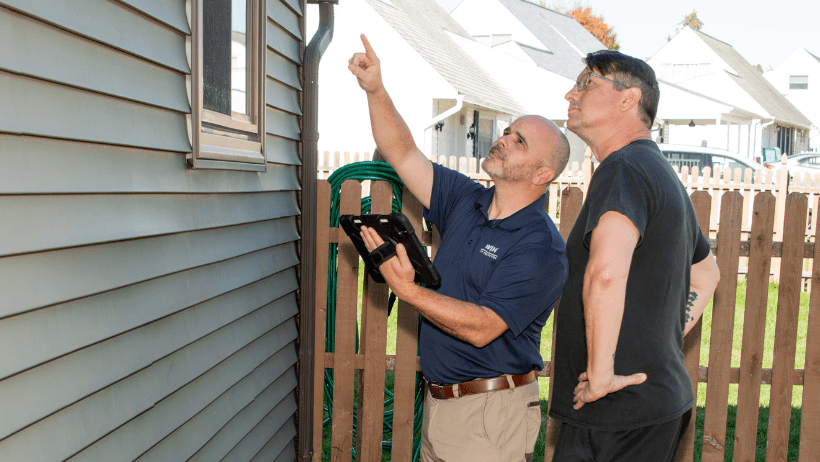As a landlord, ensuring your rental property is safe, habitable, and compliant isn’t just good practice—it’s a legal necessity. But how can you be certain that your property meets all health and safety standards? That’s where the HHSRS certificate comes in.
At HMO Horizon, we understand that navigating property compliance can be overwhelming. Whether you’re managing a single rental home or multiple HMOs, understanding the Housing Health and Safety Rating System (HHSRS) is key to staying compliant and avoiding costly penalties.
So, what exactly is an HHSRS certificate, and why does it matter for landlords? Let’s break it down.

What Is an HHSRS Certificate?
The Housing Health and Safety Rating System (HHSRS) is a government framework used by local authorities to assess health and safety risks in rental properties. It applies to all rental homes, including Houses in Multiple Occupation (HMOs), which are subject to even stricter regulations.
The HHSRS certificate is proof that your property has been inspected and deemed safe. Without it, you could be at risk of enforcement action, which may include:
Improvement Notices – You’ll be legally required to fix any identified hazards.
Prohibition Orders – The local authority could ban you from renting out unsafe properties.
Fines and Legal Action – Non-compliance can result in significant financial penalties.
Rent Repayment Orders – Tenants may be entitled to claim back rent if a property is deemed unfit for habitation.
Securing an HHSRS certificate ensures that your rental property meets all health and safety standards, protecting both your tenants and your investment.
What Does an HHSRS Inspection Involve?
When assessing a property, local authorities check for 29 potential hazards that could impact tenant safety. These fall into four key categories:
1. Health and Comfort Risks
- Damp and Mould Growth – Can cause respiratory issues like asthma.
- Excess Cold or Heat – Poor insulation and inefficient heating can be dangerous.
- Noise Pollution – High noise levels can negatively affect tenants’ well-being.
2. Protection from Accidents
- Trips and Falls – Uneven flooring, loose carpets, and unsafe stairs.
- Electrical Hazards – Faulty wiring, old fuse boxes, and overloaded circuits.
- Structural Safety – Weak walls, damaged roofing, or unstable floors.
3. Protection from Infection
- Sanitation Issues – Broken toilets, leaking pipes, or poor drainage.
- Food Safety Concerns – Poor kitchen ventilation and food storage facilities.
- Pest Infestations – Rodents, cockroaches, and bedbugs pose serious health risks.
4. Security and Emergency Preparedness
- Fire Risks – Missing smoke alarms, lack of fire-resistant doors, and unsafe escape routes.
- Inadequate Security – Weak door locks, broken windows, or poor lighting.
- Carbon Monoxide Exposure – Faulty gas appliances or poor ventilation.
If a property fails an HHSRS assessment, landlords will be required to fix the hazards within a given timeframe.
How to Ensure Your Property Passes an HHSRS Inspection | HHSRS Certificates
Failing an HHSRS inspection can be expensive and time-consuming. Here’s how you can stay compliant:
1. Conduct Regular Property Inspections
Be proactive. Spot and fix hazards before they become serious problems.
2. Prioritise Essential Repairs
Address issues such as leaky roofs, faulty wiring, and poor insulation immediately.
3. Upgrade Fire and Electrical Safety
Ensure your property has smoke alarms, fire doors, and properly maintained electrical systems.
4. Improve Security Measures
Install high-quality locks, security lighting, and reinforced windows and doors.
5. Work with Compliance Experts
At HMO Horizon, we specialise in helping landlords meet all legal safety requirements with ease.
Why can’t Landlords Afford to Ignore HHSRS Compliance?
Many landlords assume that if their property looks well-maintained, it must be safe. However, HHSRS inspections go beyond surface-level checks—they assess risks that may not be immediately visible. Even a minor issue like a small leak can develop into a serious hazard over time, leading to dampness, mould, and potential fines. In worst-case scenarios, failure to comply with HHSRS certificate and regulations can result in tenant complaints, legal disputes, or even being banned from renting out properties altogether. Proactively ensuring your rental is compliant not only protects your tenants but also secures your investment, prevents unexpected expenses, and maintains your reputation as a responsible landlord.

An HHSRS certificate isn’t just a legal formality—it’s a crucial step in ensuring tenant safety and protecting your rental investment. Ignoring property hazards can lead to legal trouble, financial loss, and a damaged reputation.
At HMO Horizon, we make compliance simple and stress-free. Whether you need guidance on an HHSRS assessment or help with property improvements, our expert team is ready to assist.
Need help with HHSRS compliance? Contact us today and ensure your rental property meets the highest safety standards!
